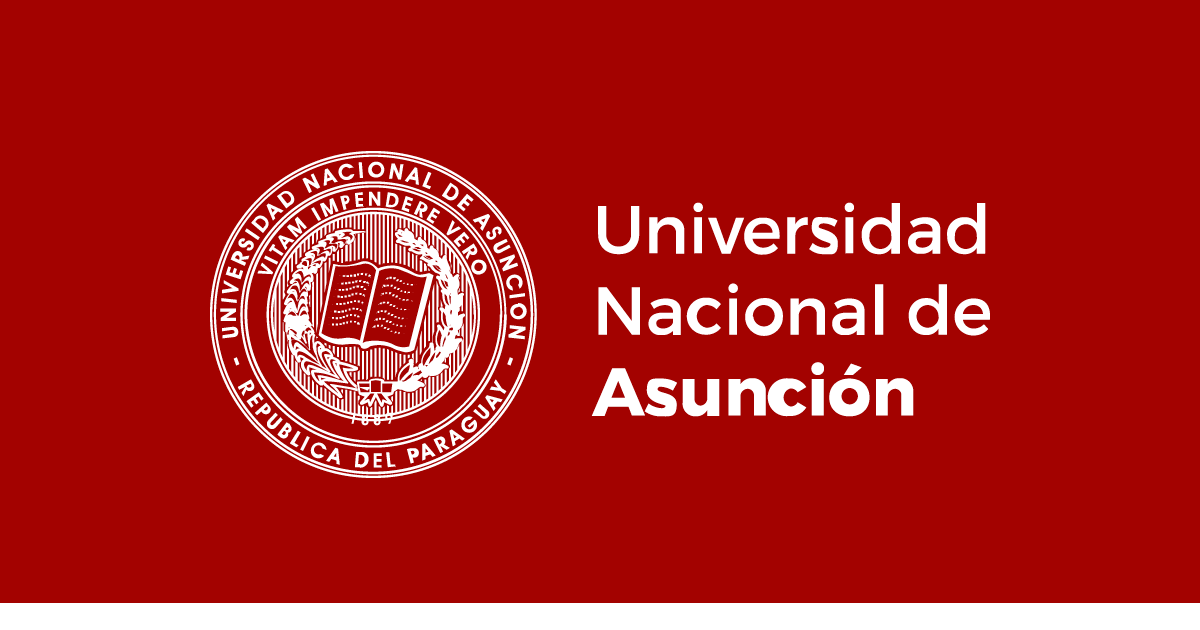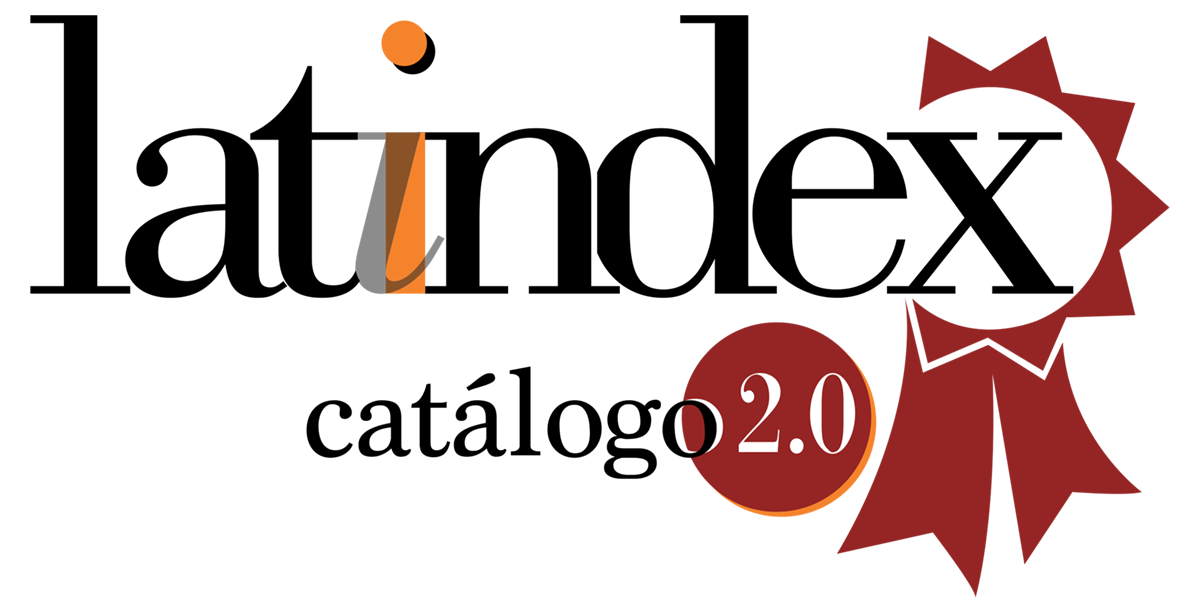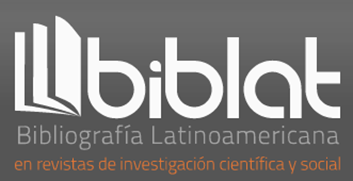Forest Landscape Restoration in Yaguarón: Implementable Forest Systems based on current forest cover and rural women’s perception
DOI:
https://doi.org/10.47133/IEUNA22101aKeywords:
forest loss, forest fragmentation and degradation, gender and rural development, forest landscape restoration modelsAbstract
The loss, degradation and fragmentation of forests is a global problem normally related to illegal forestry activities; Forest Landscape Restoration (FLR) is presented as an alternative to face these problems, by involving and understanding stakeholders to achieve a successful project. This research focused on organized rural women of the Yaguarón district and sought to propose innovative models for FLR projects, considering the current forest cover and key actors, seeking to maintain gender equality, transparency, and ethics. For this research, the current forest cover was analyzed, and data on forest fragmentation were obtained. Through workshops with researchers, implementable forest models were identified, as well as recommended species. To know the perception of the key actors, a questionnaire was designed, and two workshops were held, one in each women's committee, in October 2021. These workshops sought to understand which model of FLR projects would be of the greatest interest to the local actors. The district's forest cover was classified as 6,487 ha of forest cover (≥ 2 ha) and 753 ha of tree cover (˂ 2 ha). The forest cover was distributed in 258 fragments and the tree cover in 1,881. Implementable forest models classified according to current land use were identified. Among them, the Forest Plantation System with fruit species was the most selected by women. These inputs will serve as the basis for the FLR Planning of Yaguarón.
Downloads
References
Angeles, G. R., Geraldi, A. M. & Marini, M. F. (2020). Procesamiento digital de imágenes Metodologías y técnicas. Ed. Geraldi, Alejandra Mabel.145 p.
Acevedo, I., Castellani, F., Cota, M. J., Lotti, G. & Székely, M. (2022). Higher Inequality in Latin America: A Collateral Effect of the Pandemic. Inter-American Development Bank. IDB Working Paper Series Nº IDB -WP-0 13 23.
Bernal, B., Murray, L. T. & Pearson, T. R. (2018). Global carbon dioxide removal rates from forest landscape restoration activities. Carbon balance and management, 13, 1-13. https://doi.org/10.1186/s13021-018-0110-8
Camacho-Villa, T. C., Barba-Escoto, L., Burgueño-Ferreira, J., Tickamyer, A. R., Glenna, L. & López-Ridaura, S. (2019). Diversity of small-scale maize farmers in the Western Highlands of Guatemala. In Sachs, C. E. Gender, Agriculture and Agrarian Transformations: Changing Relations in Africa, Latin America and Asia (pp. 93-110). Routledge, New York, NY.
Dudley, N., Mansourian, S. & Vallauri, D. (2005). Forest landscape restoration in context. En S. Mansourian & D. Vallauri, Forest restoration in landscapes (pp. 3-7). Springer.
FAO y PNUMA. (2020). El estado de los bosques del mundo 2020. Los bosques, la biodiversidad y las personas. Roma. https://doi.org/10.4060/ca8642es
Guo, Q., Riitters, K. H. & Potter, K. M. (2018). A subcontinental analysis of forest fragmentation effects on insect and disease invasion. Forests, 9, 744; https://doi.org/10.3390/f9120744
Haddad, N. M., Brudvig, L. A., Clobert, J., Davies, K. F., Gonzalez, A., Holt, R. D., Lovejoy, T. E., Sexton, J. O., Austin, M. P., Collins, C. D. & Cook, W.M. (2015). Habitat fragmentation and its lasting impact on Earth’s ecosystems. Science advances, 1, p.e1500052. https://www.science.org/doi/10.1126/sciadv.1500052
Islam, N. & Winkel, J. (2017). Climate change and social inequality. United Nations Departament of Economic & Social Affairs. DESA Working Paper nº 152 ST/ESA/2017/DWP/152
Morris, R. J. (2010). Anthropogenic impacts on tropical forest biodiversity: a network structure and ecosystem functioning perspective. Philosophical Transactions of the Royal Society B: Biological Sciences, 365(1558), 3709-3718. https://doi.org/10.1098/rstb.2010.0273
Price, R. (2017). Economic drivers and effects of the illegal wildlife trade in sub Saharan Africa. K4D Helpdesk Report. Brighton, Reino Unido, IDS. https://www.gsdrc.org/wp-content/uploads/2017/09/144-economic-drivers-of-IWT-in-Sub-Saharan-Africa-new-K4D-template.pdf
Singer, M. (2018). Climate change and social inequality: The health and social costs of global warming. Routledge, New York, NY.
Skoufias, E., Rabassa, M. & Olivieri, S. (2011). The poverty impacts of climate change: a review of the evidence. World Bank Policy Research Working Paper (5622).
Stanturf, J., Mansourian, S. & Kleine, M., eds. (2017). Implementando la Restauración del Paisaje Forestal, Una Guía para Practicantes. Traducción: Marianela Argüello L. y Róger Villalobos. Unión Internacional de Organizaciones de Investigación Forestal, Programa Especial para el Desarrollo de Capacidades (IUFRO-SPDC). Viena, Austria. 132 p.
Schultz, C. A., Jedd, T. & Beam, R. D. (2012). The Collaborative Forest Landscape Restoration Program: a history and overview of the first projects. Journal of Forestry, 110, 381-391.
Schweizer, D., Meli, P., Brancalion, P. H. & Guariguata, M. R. (2019). Implementing forest landscape restoration in Latin America: Stakeholder perceptions on legal frameworks. Land Use Policy, 10, 104244. https://doi.org/10.1016/j.landusepol.2019.104244
Schweizer, D., van Kuijk, M. & Ghazoul, J. (2021). Perceptions from non-governmental actors on forest and landscape restoration, challenges and strategies for successful implementation across Asia, Africa and Latin America. Journal of Environmental Management, 286, 112251. 10.1016/j.jenvman.2021.112251
Valladares, G., Cagnolo, L. & Salvo, A. (2012). Forest fragmentation leads to food web contraction. Oikos, 121, 299-305. 10.1111/j.1600-0706.2011.19671.x
Vargas, E. (2019). Investigación de la producción de ladrillo artesanal en la ciudad de Yaguarón, departamento de Paraguarí. En IV Taller Regional – Red Latinoamericana de Política Públicas para la Producción Limpia de Ladrillos. Yaguarón, Paraguay.
World Bank (2012). World Development Report 2012: Gender Equality and Development. World Bank. http://hdl.handle.net/10986/4391.
Published
How to Cite
Issue
Section
License
Copyright (c) 2022 Maria Laura Quevedo Fernández, Lidia Pérez de Molas, Lila Mabel Gamarra Ruiz Díaz, Janet Lucia Villalba Marín, Patricia Emilia Moreno Castro, Stella Mary Amarilla Rodríguez, Sara Jazmín Domínguez Alonso, Maria Julia Sosa Bareiro, Sergio Nicolás Colmán Rodríguez, Alba Liz González, Jorge Daniel Caballero Mascheroni, María Fátima Ríos Valiente, Juan Venancio Benitez, Arturo Ramón Garcete, Sergio Gómez Sosa, Ximena María Alejandra Silva Palacios, David Salas de la Cruz

This work is licensed under a Creative Commons Attribution 4.0 International License.

















